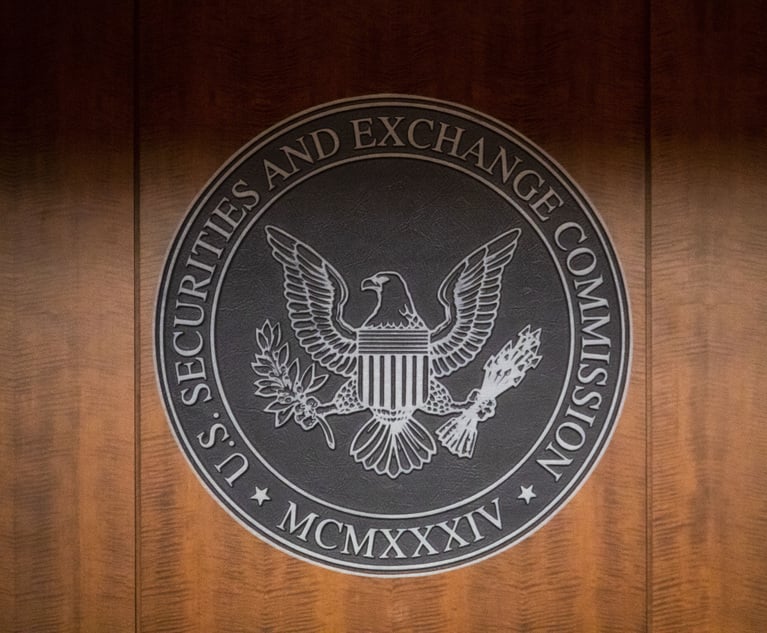Gail Mills, director of human resources at Home Depot, is a big fan of hotlines. The $66 billion home improvement chain has had a hotline in place for employees and vendors for at least 15 years, she says. "In all that time, the hotline has always paid for itself, because as long as an associate is calling us instead of filing a lawsuit, going to the media, or going to OSHA, it allows us to fix the problem, and that's a huge benefit," Mills says. "It's worth whatever it costs us."
Hotlines may be old hat, but the growing ubiquity of all sorts of media to spread the word, enhanced enforcement against corruption by the Securities and Exchange Commission and the recent Dodd-Frank Act's promise of bigger bounties to whistleblowers are focusing new attention on what used to be just a red phone in the corporate counsel's outer office.
Many companies that haven't had an anonymous way for employees to register complaints or report problems are adding hotlines, with vendors reporting growth rates of 30% to 40% a year. Companies that have long had hotlines are looking at ways to improve them, extend their use to more employees, and expand them to include suppliers and customers. Companies are also gathering and analyzing data about complaints to learn more about systemic problems.
Complete your profile to continue reading and get FREE access to Treasury & Risk, part of your ALM digital membership.
Your access to unlimited Treasury & Risk content isn’t changing.
Once you are an ALM digital member, you’ll receive:
- Critical Treasury & Risk information including in-depth analysis of treasury and finance best practices, case studies with corporate innovators, informative newsletters, educational webcasts and videos, and resources from industry leaders.
- Exclusive discounts on ALM and Treasury & Risk events.
- Access to other award-winning ALM websites including PropertyCasualty360.com and Law.com.
*May exclude premium content
Already have an account? Sign In
© 2024 ALM Global, LLC, All Rights Reserved. Request academic re-use from www.copyright.com. All other uses, submit a request to [email protected]. For more information visit Asset & Logo Licensing.







